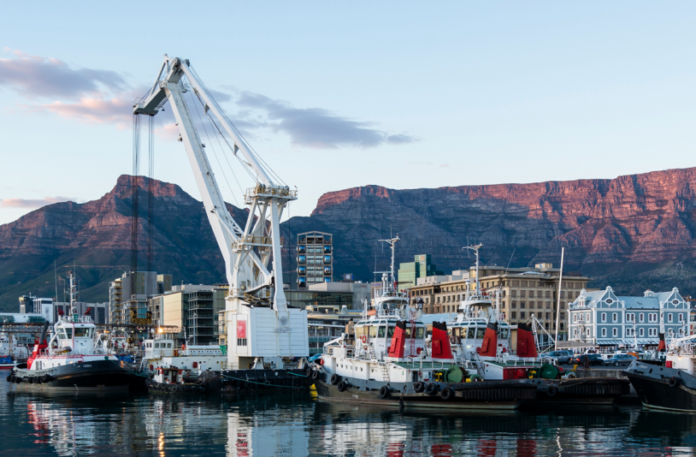I am writing this while flying from Cape Town to Gatwick, following a busy week at the end of February in warm and welcoming South Africa.
The Guernsey delegation which I was part of were learning, always learning, about the local market and spreading the good word about the role that Guernsey plays in supporting it – and it was clear that there is so much more that can be done.
In the midst of a (medical and media-frenzy) pandemic, with markets shaking and shuddering more than the Boeing 777 now beneath me, it was refreshing to reflect on the long-run opportunities for a continent that will be home to seven of the world’s 20 most populous nations by 2050.

This time round, in addition to meeting with friends new and old in both Johannesburg and Cape Town, we attended the SAVCA conference in Stellenbosch.
It is safe to say that the southern African private equity and venture capital ecosystem is vibrant, active and diverse. Taking place in the same week as SuperReturn Berlin, I am sure that the same conversations were taking place about the search for returns, valuation challenges and exit strategies in both hemispheres.
Here are a few of the themes that came up in my discussions with South African fund managers, allocators and investors.
Key asset classes
There was a bit of everything (as one would hope in a functioning economy), but the repeating strategies were infrastructure, education, healthcare and agriculture. Perhaps of comfort for some, there was a healthy supply of talk about fintech, agritech and biotech.
Infrastructure followed China’s belt and road initiative (as we all do) but was much broader – reflecting the impending demographic dividend across the continent. Healthcare and education covered both private service and the extended supply chain.
Impact investing
Investing for impact was a prevalent theme both in and out of the official sessions. Impact being taken in its broadest sense – sustainability and climate change; financial inclusion; access to waste and healthcare; gender empowerment and more. If you have an SDG, there is an urgent and lasting business case right here and right now to attack it. And attack it profitably.
Yemi Lalude of the private equity firm TPG was at pains to say that their $2.2 billion Rise Fund, focusing on impact investment, had a few key missions – to prove that you can impact invest at scale and prove that impact investing does not mean lower returns.
Mauritius
As the private equity and venture capital sector continues to draw international attention and demand, the historical preference for Mauritius as the fund domicile is being challenged.
Investor comfort, time zone challenges, talent scarcity and a diminishing tax benefit (including direct tax leakage in the island and a weakening tax treaty network) have led managers to look to more established fund centres, such as Guernsey, for long term stability. And Guernsey is ready and willing with the capacity, regulatory regimes, and hunger to lend a hand.






